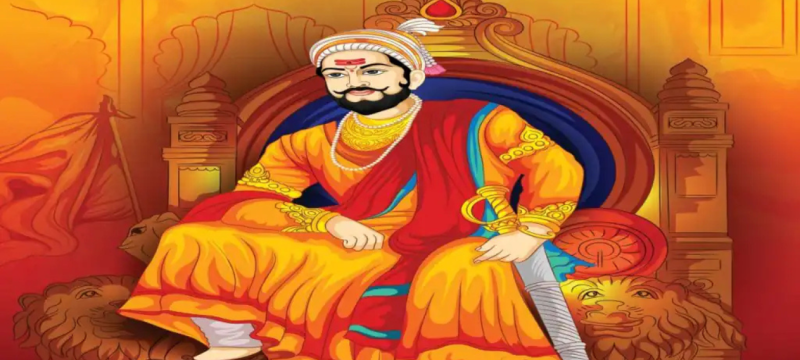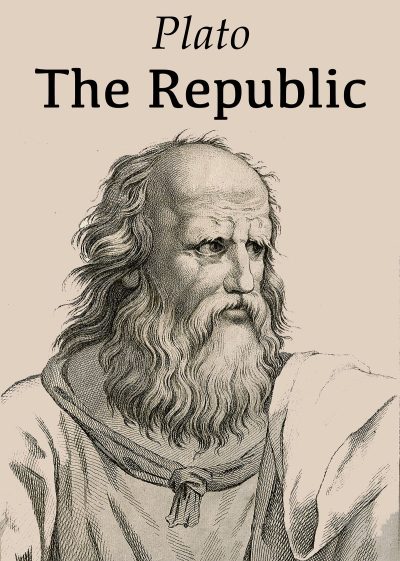Chhatrapati Shivaji Maharaj was a brave and wise king from India. He was the founder of the Maratha Empire. Shivaji is remembered for his courage, leadership, and love for his people. He fought many battles to protect his land from invaders. He also built a strong and independent kingdom with good administration and justice.
Shivaji Maharaj was born on 19 February 1630 in the Shivneri Fort, near Pune in Maharashtra, India. His full name was Shivaji Bhosale. His father’s name was Shahaji Bhosale, and his mother’s name was Jijabai. From a young age, Shivaji showed signs of being a great leader. His mother taught him about Indian values, courage, and history.
Early Life and Training
Shivaji grew up in the hills of Maharashtra. He learned horse riding, sword fighting, and military skills. His mother Jijabai played an important role in shaping his character. He also had good teachers and advisors who helped him grow into a wise ruler.
His father was a general in the service of the Bijapur Sultanate. But Shivaji wanted to create his own kingdom. He believed in “Swarajya,” which means self-rule. He did not want foreign powers to rule over his people. He started gathering loyal followers and trained them to fight for freedom.
Beginning of His Rule
At the age of 15, Shivaji took control of the Torna Fort. This was his first big success. He later captured many forts in Maharashtra. His army was small, but they used smart tactics. Shivaji believed in surprise attacks and quick movements. He knew the geography of the land very well, which helped him win battles.
The Bijapur Sultanate became worried about Shivaji’s growing power. In 1659, they sent their general Afzal Khan to defeat him. Shivaji met Afzal Khan in a private meeting. Afzal Khan tried to kill Shivaji, but Shivaji defended himself and killed him. This brave act made him more popular among his people.
Fighting the Mughals
The Mughal Empire, led by Aurangzeb, was also a big threat. Aurangzeb wanted to control all of India. Shivaji did not want to bow down to the Mughals. He fought many battles against them. In 1666, he was invited to the Mughal court but was later arrested. Shivaji made a clever escape from Agra and returned to his kingdom safely.
After this, he strengthened his army and administration. He continued to fight against the Mughals and expanded his territory. His navy also became strong, and he built sea forts to protect the coast.
Coronation and Administration
In 1674, Shivaji was crowned as the king of the Maratha Empire. The ceremony took place at Raigad Fort. He became “Chhatrapati Shivaji Maharaj,” which means the respected king. This coronation gave his rule more power and respect.
As a ruler, he introduced many good policies. He respected all religions and treated everyone fairly. He built a system where village heads and local leaders helped manage the kingdom. He collected fair taxes and protected farmers. He believed in justice and punished corrupt officers.
Family Life of Shivaji Maharaj
Shivaji Maharaj had many wives, which was common in royal families of that time. His first wife was Saibai Nimbalkar. He loved and respected her deeply. They had a son named Sambhaji.
Later, he married Soyarabai, Putalabai, Sakvarbai, and a few others. Each marriage was often for political reasons, to strengthen ties with important families. His second son, Rajaram, was born to his wife Soyarabai.
Shivaji had several children. His son Sambhaji succeeded him after his death. Rajaram also became king later. His descendants continued the Maratha Empire, though they faced many challenges.
Military Strategy and Forts
Chhatrapati Shivaji Maharaj was a master of guerrilla warfare. He knew that fighting large armies directly would be difficult. So, he used surprise attacks and quick escapes. This helped him defeat much larger enemies.
He built and repaired many forts across his kingdom. Some famous ones include Raigad, Pratapgad, Sinhagad, and Rajgad. These forts were strong and well-planned. They helped control key areas and gave shelter to his army.
His navy was also one of the first in Indian history. He built sea forts like Sindhudurg and protected the coastline from foreign attacks, especially from the Portuguese and British.
Religious Beliefs and Respect for All
Shivaji was a devout Hindu but respected all faiths. He built temples and supported Hindu culture. But he never forced his religion on others. He treated Muslims and Christians in his kingdom with respect.
He stopped the forced conversion of people. He also protected religious places during wars. His actions showed that he believed in harmony and justice for all.
Death and Legacy
Chhatrapati Shivaji Maharaj died on 3 April 1680 at the age of 50. His death was a big loss to his people. But his dream lived on. His son Sambhaji became the next king. Even though the Maratha Empire faced troubles, it continued to grow and later became a major power in India.
Shivaji’s name remains alive in the hearts of millions. His life is taught in schools and celebrated in festivals. Statues, films, and books continue to share his story. Roads, airports, and institutions are named after him.
Why Chhatrapati Shivaji Maharaj Is Important Today
Even today, Chhatrapati Shivaji Maharaj is seen as a symbol of bravery and leadership. People admire his vision of self-rule and good governance. He showed that with courage, wisdom, and unity, even a small force can defeat powerful enemies.
Shivaji’s respect for women, justice for the poor, and religious tolerance make him a modern hero. His ideas still inspire leaders and youth in India and around the world.
FAQs about Chhatrapati Shivaji Maharaj
Who were the parents of Chhatrapati Shivaji Maharaj?
His father was Shahaji Bhosale, and his mother was Jijabai.
When and where was Shivaji born?
He was born on 19 February 1630 at Shivneri Fort in Maharashtra.
Who was Shivaji’s wife?
His first wife was Saibai. He had several other wives like Soyarabai and Putalabai.
Who were Shivaji Maharaj’s children?
He had sons named Sambhaji and Rajaram. Sambhaji became king after his death.
What does ‘Chhatrapati’ mean?
It means ‘Lord of the Umbrella,’ a royal title for kings in India.
Where did Shivaji Maharaj die?
He died at Raigad Fort on 3 April 1680.
Why is Shivaji Maharaj still remembered?
He is remembered for his bravery, leadership, and good rule. He is a symbol of Indian pride.
Did Shivaji fight the Mughals?
Yes, he fought many battles against the Mughal Empire, especially against Emperor Aurangzeb.
Did Shivaji have a navy?
Yes, he built one of the first modern navies in Indian history to protect the coast.
What was Shivaji’s belief about religion?
He respected all religions and believed in peaceful living among all communities.
Conclusion
Chhatrapati Shivaji Maharaj was more than just a king. He was a hero who fought for freedom and justice. He created a strong kingdom with good laws and administration. His bravery and vision helped shape Indian history.
People remember Chhatrapati Shivaji Maharaj not only as a warrior but as a wise and just ruler. His life teaches us the importance of courage, respect, and leadership. His name will always be honored and celebrated across generations.







